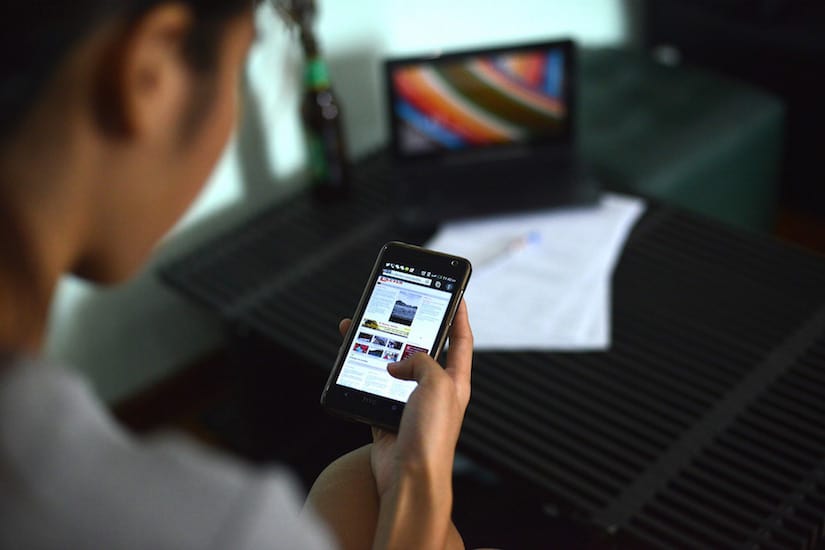The top 5 tech trends that will shape 2016

Health care costs are growing at an unsustainable rate, due in part to the enormous cost of chronic disease, which now accounts for 86 percent of the nation’s health care costs. Around 50 percent of all adults in the United States have one or more chronic health conditions, with numbers predicted to grow. The extreme human and economic costs are causing companies to search for a new solution, opening the door to mobile health technology.
The mHealth market has seen swift growth, with 54 percent of app makers entering the marketplace in the past two years and revenues predicted to reach almost $60 billion by 2020. But these momentous strides have not been without their fair share of hiccups. With 2015 coming to a close, we’re looking to 2016, predicting the major trends that will pop up, as mHealth continues to mature. Take a look below to see our top 5 picks.
- Behavioral healthcare will become a central focus
- Even more mergers
- Cyber security will remain an issue
- Growing role of the consumer
- The appearance of big-name consumer brands
When attempting to reduce the prevalence of chronic disease, it’s important to understand what exactly is being remedied. At their root, the vast majority of chronic conditions are lifestyle diseases. In 2016 we believe the industry will recognize that there needs to be a shift in focus in order to reverse the course of chronic disease, with behavioral health becoming a key component. According to a report by PwC, behavioral care will be “key to keeping costs down, productivity up, and consumers healthy.”
In 2015, the Affordable Care Act prompted a wave of major healthcare provider and payer mergers, with healthcare leaders arguing that larger systems helped to eliminate waste. In 2016, it is predicted that even more high-profile mergers will take place, with the effects on consumers still to be seen.
With enormous amounts of data being taken in by smartphones, wearables, and medical devices, concerns from healthcare vendors over how to protect this data will continue to be a major issue in 2016. Consumers are extremely wary of the security of their data, especially in light of recent breaches at large organizations. In order to avoid lawsuits and increase revenue, organizations must increase security while being prepared to face breaches head on if they occur.
As the focus of healthcare shifts from treating diseases and their symptoms, to treating the person as a unique individual, consumers will find themselves with much more power when it comes to their health. According to mHealth News, “for health providers to succeed, care needs to shift to a consumer-type platform, able to piece together and understand the consumer, even built around the consumer themselves to ‘avoid undesirable consumer experiences.'”
With mHealth revenues set to increase nearly six-fold by 2017, it’s no wonder that consumer brands are itching for a piece of the action. According to MobiHealthNews, big name consumer brands “are more likely than ever to move into regulated medical devices.” Apple CEO Tim Cook has hinted that his company may dips its toes into the water, while Samsung already has an FDA-cleared version of its S Health app.
As mHealth technology matures, its capability to disrupt the healthcare space becomes even more substantial. 2015 was a year of learning for many mHealth companies, with 2016 poised to be a year of growth and success in the mHealth sphere.

